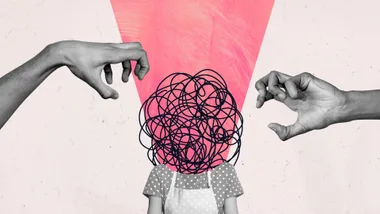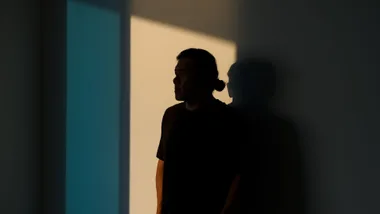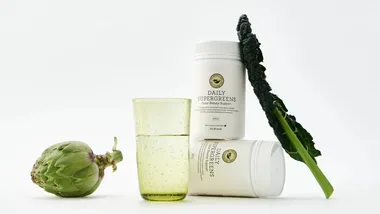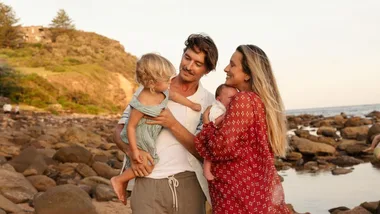When Cadence was three days old, I expected the baby blues to hit. When they didn’t, I thought, “Oh, I’ve got this!” But I had no idea what was to come.
I was sick throughout my pregnancy; up until 30 weeks I still vomited every day. Because of that I started thinking, once this baby’s out everything will be better. But even though I had pretty realistic expectations about what it would be like caring for a baby, I didn’t quite grasp how that would feel – the sleep deprivation, plus problems breast feeding and things like that… my partner and I both underestimated that aspect. Labour and delivery didn’t really go the way I hoped it was going to; I had an emergency caesarean. Recovering from that was hard, particularly while learning how to breastfeed. I got mastitis at one point, had cracked nipples—the whole thing. But I felt like I was coping, my family was so helpful and supportive.
About a week in, things started to change. In the afternoons, I would start to feel anxious about the night that was ahead. Cadence was quite an unsettled baby and cried a lot in the early days. I’d pace the hall patting her, rocking her and trying to feed her until Brad got home. I’d go to bed at 6pm and Brad would do what he could to settle Cadence until she needed a feed; then I remember just sobbing on and off all night long. She was only waking every three hours, which is pretty good for a newborn, but I was a mess. I had a constant feeling of dread, like I was stuck. I remember not being able to stop the tears because I was so anxious, and I had that feeling in the back of your throat like where everything just feels really intense. I wasn’t sure if it was just hormones or something else, but I knew I needed help.
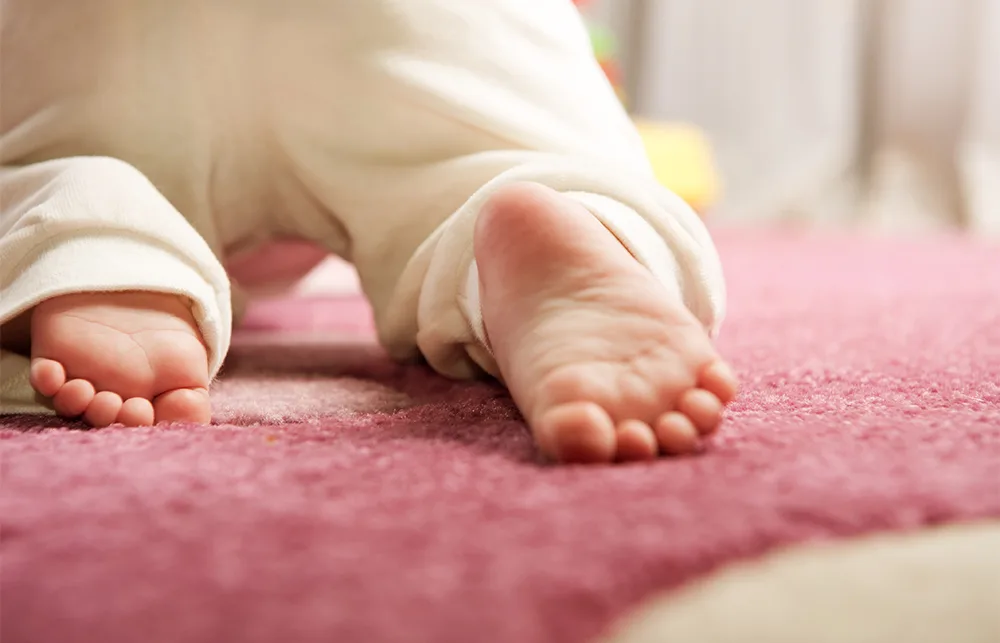
I went to see my GP, who diagnosed me with post-natal anxiety and depression, put me on medication and booked me into see a psychologist. But I couldn’t get in for months, so I was checking in with my GP every week in the meantime. When I finally got in to see the psychologist, I didn’t find her very helpful. Plus, Cadence’s sleep was getting worse: she started waking up every 45 minutes, and I found myself not being able to go back to sleep in between. I was tired and drained. I started to feel a bit desperate. The only good thing about that time was the PANDA helpline—I started talking to a counselor there once a week and it was so helpful. Eventually, we got into to a mother-baby unit, but after one night we left. They said she shouldn’t be feeding overnight, she shouldn’t be doing that, and she’s contributing to how you’re feeling. I just thought, she’s a baby, I know it’s very normal at that age. It just didn’t feel right. But because that was our last resort, it felt like when we left we had nowhere to turn.
That was the lowest point: we’d exhausted a lot of professional support, and what else could we do? Was this just my new reality? I knew it couldn’t be, and it booted me into gear. My partner and I focused on our exercising and eating well and supporting each other, and I found a private psychotherapist who had also had post-natal depression. That was amazing because I could go and talk to her and she just got it. I slowly came off medication as well and started to feel so much better. In hindsight, it wasn’t a good fit for me. Breastfeeding got easier—I’m so glad I stuck with it, and we’re still going two years down the track.
I started to feel a little bit more in control almost straight away but it was probably a good few months until I really started to feel better. I’d have really down days and then I’d pick myself up again the next day. A few months in, I remember saying to Brad, “I’m actually feeling really good all the time now.”
I was tired and drained. I started to feel a bit desperate.
Now, two years later, I’m pregnant again. I’m very aware of my mental health, but I feel really good, I feel excited. I find affirmations helpful and I watch out for negative self talk. I started a blog called The Postnatal Project, and that was the first time my friends and my mum’s group even realised I had had such a rough time—they were so lovely and told me they wished they’d known so they could have helped more.
I really want new mums to know that while you might feel very alone, 1 in 7 women go through this, which is kind of scary but kind of comforting at the same time. You’re not actually going crazy, you’re just having this really tough time. Have realistic expectations of what it’s going to be like: your baby’s not going to sleep through the night for ages—if they do, awesome, but that’s the exception, not the rule. And ask for help. Give friends tasks, ask for meals. I wish I had. I felt a lot of shame to begin with so I kept it inside until I decided that I didn’t want anyone else to feel the way I did.
Feeling sad or anxious about new parenthood? Perinatal anxiety and depression can hit from pregnancy.
The Gidget Foundation is a not for profit organisation supporting the emotional wellbeing of new parents and their families, while providing education for health professionals and the community.
Gidget Foundation Australia
Ph 1300 851 758
PANDA provides confidential Australia-wide counseling, support, information and referrals to local services.
PANDA National Helpline 1300 726 306
Mon – Fri 9am – 7.30pm AEST/AEDT
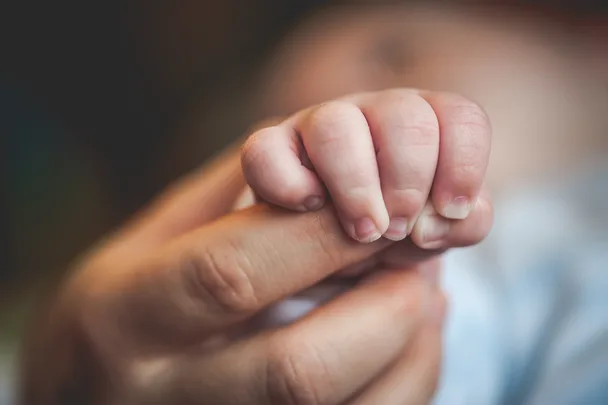 Getty
Getty


